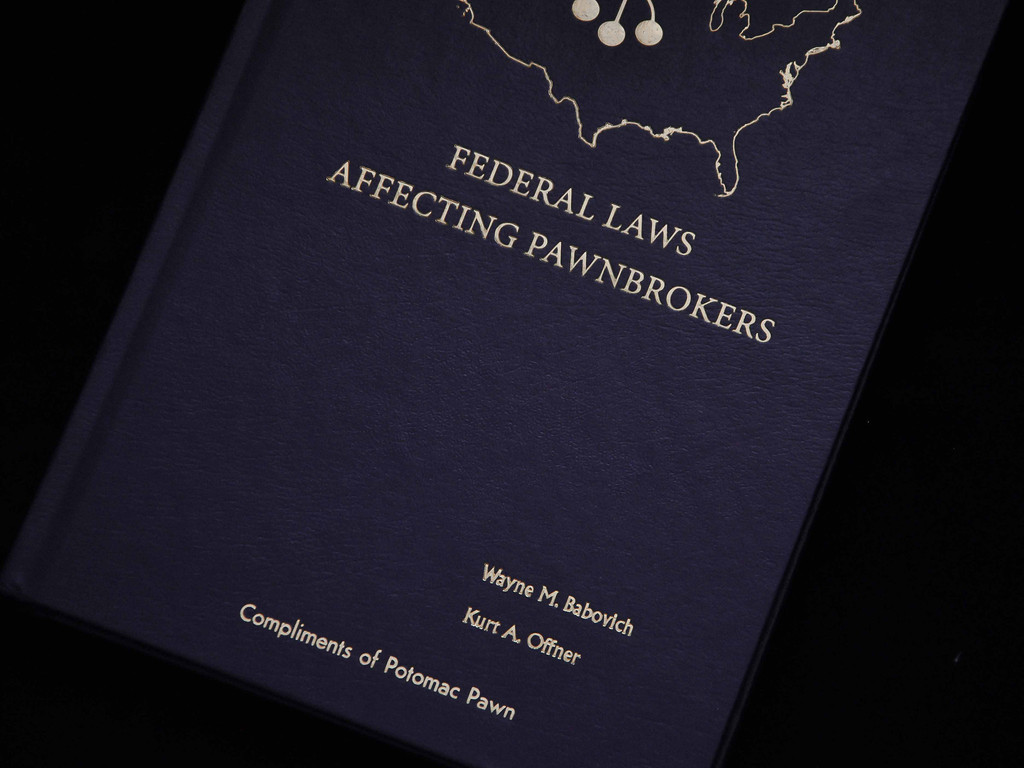
Special Contribution to the SCPA by Kurt Offner
Recently, a friend forwarded to me a Notice of a Chapter 13 Bankruptcy Filing that was served upon the pawnshop listing five pledged items as part of the debtor’s bankruptcy plan. My friend inquired as to whether the inclusion of the pledged items in a Chapter 13 bankruptcy was proper, and what steps he should take.
Chapter 13 proceedings or “wage-earners” Bankruptcy is filed by individuals and provides a way to relieve people from debts that they are otherwise able to pay but for uncontrollable circumstances. Unlike Chapter 7 liquidation, in Chapter 13, the bankrupt (debtor) proposes a plan to repay all or a portion of the debt. Property of the debtor is potentially subject to Bankruptcy control and such assets are described as the “Bankruptcy estate.”
The Bankruptcy Code expressly excludes items pledged in pawn from the debtor’s Bankruptcy estate. While the item pledged is exempt from Bankruptcy, the right to redeem the pledged item is a part of the Bankruptcy estate. The “positive” value, or “equity” of this asset, is affirmed by the pledgor’s right in many states to sell his pawn ticket to a third party. The sale of the pawn ticket occurs when the pledged item is worth more than the amount due. Courts have recognized that it is because of the “equity” in the pledged item that the right to redeem is a part of the estate.
Can a Pawnshop be included in a Chapter 13 Plan?
No. However, in some proposed Chapter 13 plans, the debtor attempts to force the pawnshop to relinquish possession of the pawned item and become part of the debtor’s plan. Alternatively, by placing the pawnshop in the plan, the debtor attempts to extend the redemption period and alter the payments and interest due to the pawnshop. However, Pawnshops cannot be included in a debtor’s Plan of Reorganization. Moreover, the debtor’s redemption right to a pledged item is not subject to payment through a Chapter 13 plan. Rather, the debtor must pay the debt in full in accordance with State law.
Courts have consistently recognized pawnshop’s rights concerning Chapter 13 bankruptcies. For example, in In re Dunlap, which was filed in Tennessee, In re Jackson which was filed in Oklahoma, and Cash America Pawn v. Murph, which was filed in Texas, the debtor was required to timely redeem the pledged items. Inclusion of the pawnshop in a Chapter 13 plan was also found impermissible by each of the Courts examining the issue.
What action should be taken by a pawnshop?
It is imperative that pawnshops object to their inclusion in a Chapter 13 plan. A failure to object will often be deemed a judicial admission that inclusion in the plan is proper.
Kurt Offner is a founding member of Offner, Scott & Inzina, APLC. He is a leading authority and one of few attorneys throughout the country who practices pawnbroker law. He is also the co-author of the book Federal Laws Affecting Pawnbrokers available at LawofPawn.com.